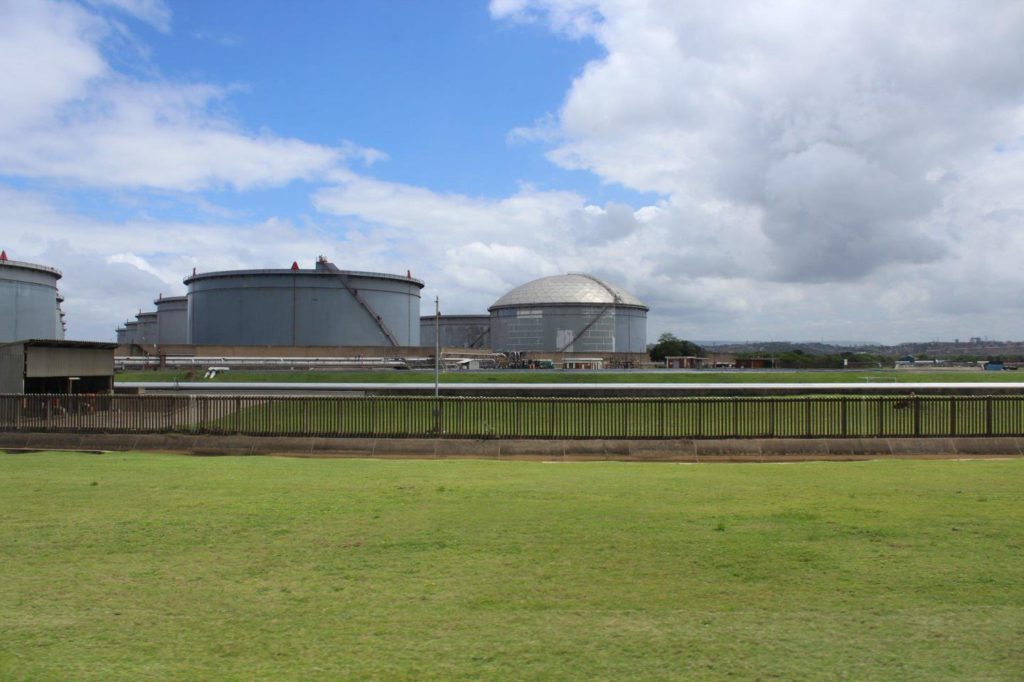South African Shell-BP refinery purchase raises clean-up concern

South Africa’s purchase of the nation’s largest refinery from Shell Plc and BP Plc for a symbolic rand (five US cents) will transfer the environmental liability of the site to the government, according to a local advocacy group.
The state-owned Central Energy Fund, which manages South African energy assets, agreed to buy the 180,000-barrel-a-day Sapref plant, the Department of Mineral Resources and Energy said on Saturday. The asset will support the CEF’s growth strategy following the decline of local refining capacity, according to the department.
But the South Durban Community Environmental Alliance says that could leave the fund with the clean-up bill for a refinery that’s been operating for six decades. Such sites face land rehabilitation costs when they’re permanently decommissioned.
“Let Shell remediate everything,” the alliance’s coordinator, Desmond D’Sa, said in an interview. “We don’t have the expertise to clean up this mess.”
Earlier this month, the group blamed the refinery’s aging infrastructure for fires, gas-flaring, oil leaks and spills, which have inflicted “severe consequences on local residents” over the years.
A spokesman for CEF confirmed the price paid, declining to comment on its plans or the environmental liability of the site.
Shell and BP stopped refining operations at Sapref in 2022 as they considered options for the plant, pointing out that a sale was their preferred option.
The clean-up costs involved in totally shutting down refineries have deterred several oil companies from vacating their sites, according to a 2022 paper by Dave Wright, an independent consultant.
The Engen oil refinery in 2021 announced plans to convert the country’s oldest plant into a terminal after suffering annual losses for much of the past decade. A deal between state oil company PetroSA and a unit of Russia’s Gazprom Group to revive its gas-to-liquids refinery in Mossel Bay, which ran out of feedstock, has now moved into the feasibility stage.
(By Paul Burkhardt)
{{ commodity.name }}
{{ post.title }}
{{ post.date }}




Comments